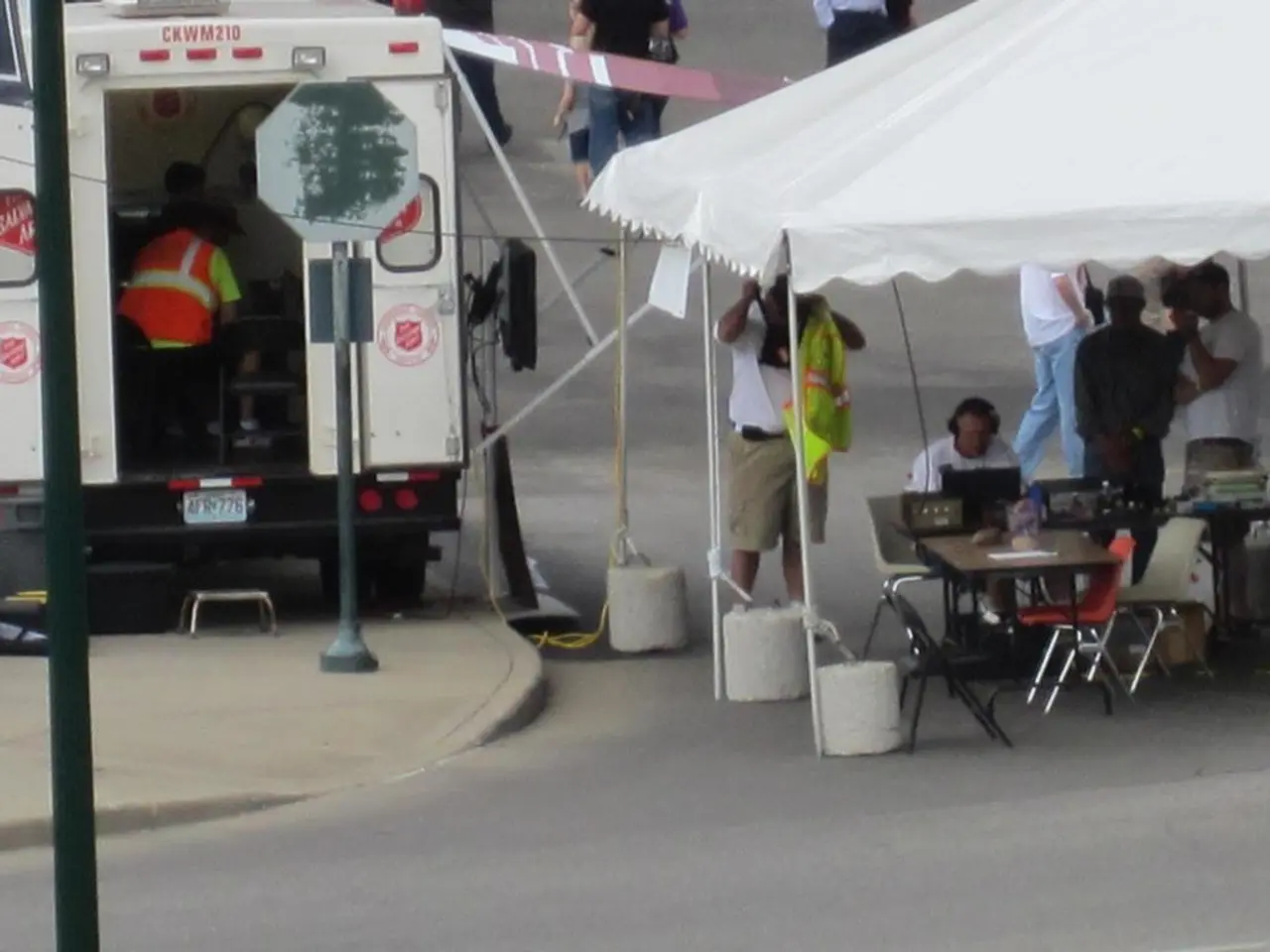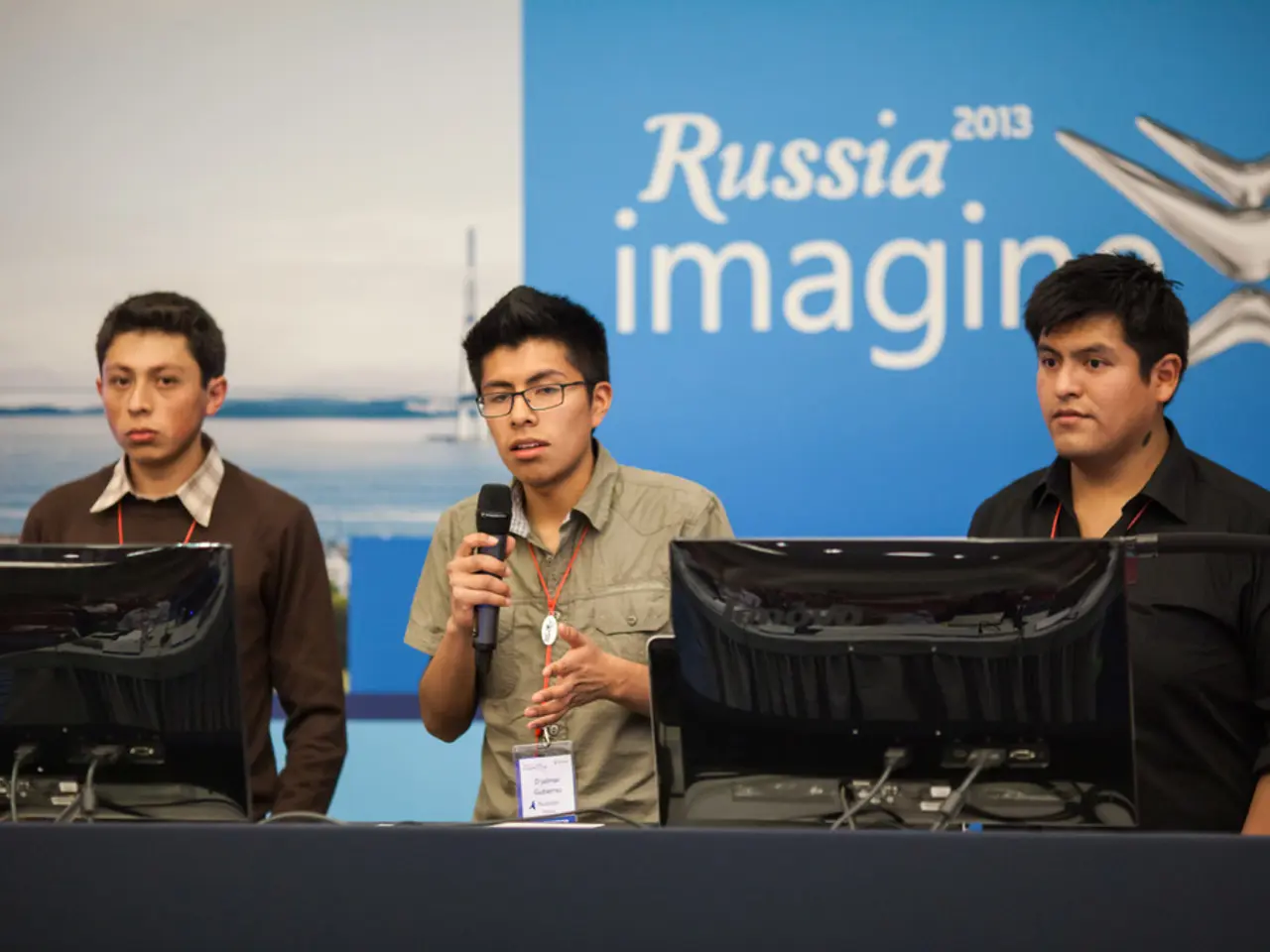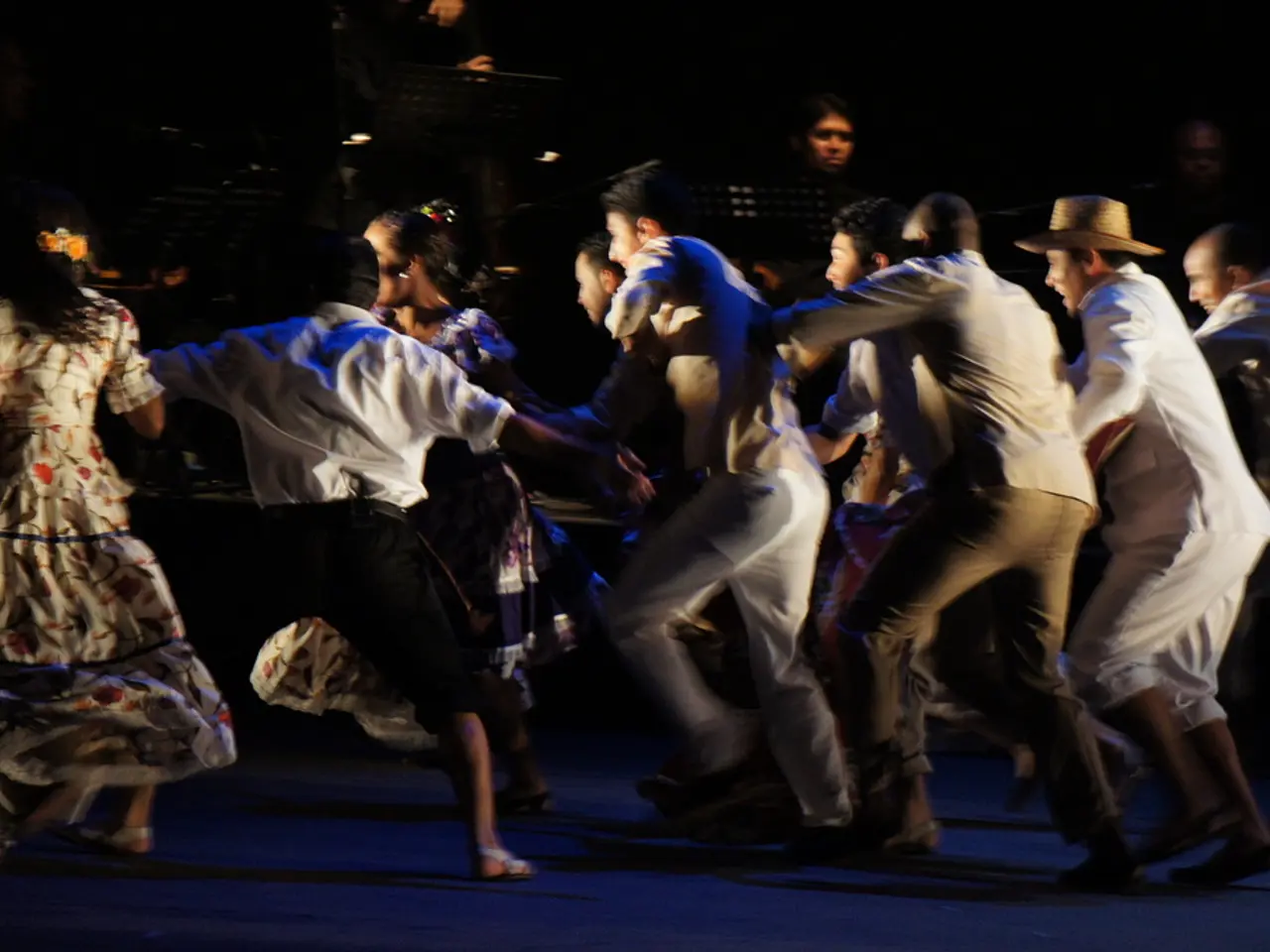Immigration sweeps by the Trump administration held back by court decision, maintaining a ban on arbitrary actions
The Ninth US Circuit Court of Appeals has upheld a temporary restraining order (TRO) that blocks Immigration and Customs Enforcement (ICE) agents from conducting "roving patrols" or indiscriminate stops and arrests in Southern California without reasonable suspicion that individuals are unlawfully present.
The ruling, which came after a hearing on Monday afternoon by a three-judge panel, reinforces Fourth Amendment protections against unreasonable searches and seizures. The court ruled that stops must be supported by reasonable suspicion and cannot be based solely or in combination on race, ethnicity, language, location, or occupation.
Judge Marsha S. Berzon, Jennifer Sung, and Ronald M. Gould collectively rejected the Trump administration’s argument that indiscriminate stops were justified. The opinion emphasized that individuals going about their daily lives could otherwise be subject to arbitrary stops, which the court found unconstitutional.
The TRO also requires the Department of Homeland Security to provide detainees access to legal counsel at all times while held in federal facilities in Los Angeles, addressing concerns about denial of access to attorneys during immigration raids.
The case has been a focal point for debates over immigration enforcement limits, with immigrant advocacy groups filing a lawsuit accusing President Donald Trump's administration of systematically targeting brown-skinned people in Southern California. Among the plaintiffs is Los Angeles resident Brian Gavidia, who was shown in a video being seized by federal agents.
Judge Sung questioned the government over their arguments, stating that using race, language, presence at a location, and occupation as factors alone forms a "broad profile" and does not satisfy the reasonable suspicion standard to stop someone. The federal government argued that the lower court's order is too broad and that immigrant advocates did not present enough evidence to prove a policy of stopping people without reasonable suspicion.
It is not clear at this time whether the court will uphold or overturn the temporary restraining order issued by Judge Maame E. Frimpong. The ruling, however, marks a significant step in ensuring that immigration enforcement tactics in Southern California comply with constitutional protections.
[1] Associated Press, "Federal appeals court upholds order blocking Trump immigration raids in California," Los Angeles Times, August 24, 2020. [https://www.latimes.com/california/story/2020-08-24/federal-appeals-court-upholds-order-blocking-trump-immigration-raids-in-california]
[2] Julia Edwards, "Federal appeals court upholds order blocking Trump immigration raids in California," Reuters, August 24, 2020. [https://www.reuters.com/article/us-usa-immigration-california-idUSKCN25I2TG]
[3] Adam Klasfeld, "Ninth Circuit Upholds Temporary Restraining Order Blocking ICE Raids in Southern California," Law & Crime, August 24, 2020. [https://lawandcrime.com/immigration/ninth-circuit-upholds-temporary-restraining-order-blocking-ice-raids-in-southern-california/]
[4] Mimi Rojas, "Ninth Circuit Court of Appeals Upholds Temporary Restraining Order Against ICE Raids in Southern California," Courthouse News Service, August 24, 2020. [https://www.courthousenews.com/ninth-circuit-court-of-appeals-upholds-temporary-restraining-order-against-ice-raids-in-southern-california/]
The Ninth US Circuit Court of Appeals' decision to uphold a TRO blocking indiscriminate stops by ICE agents is a significant step in adhering to the Fourth Amendment protections against unreasonable searches and seizures. The ruling emphasizes that stops must be supported by reasonable suspicion and cannot be based solely or in combination on race, ethnicity, language, location, or occupation, thereby challenging general news and policy-and-legislation debates over immigration enforcement limits.







